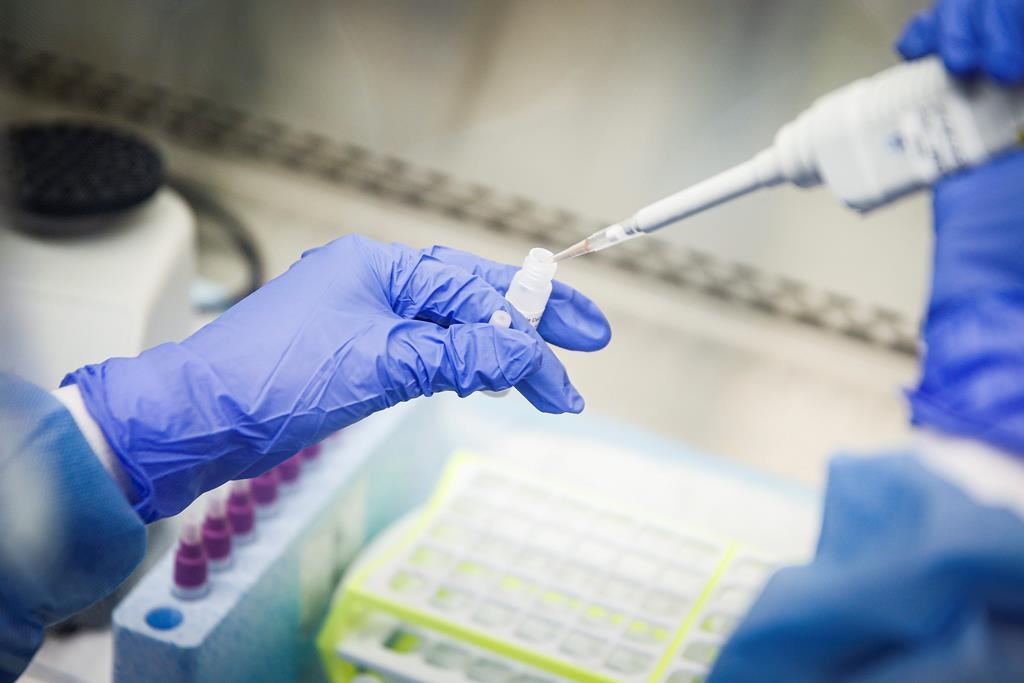Saskatchewan reported five new coronavirus cases in the province on Friday, along with 12 more recoveries.

Four of the new cases are in the far north, which is the epicentre of the pandemic in Saskatchewan. The region has recorded 248 of the 627 COVID-19 cases in the province.
The other new case is in the south region, its first new case in nearly seven weeks. The last time a case was reported in the region was on April 5.
The majority of the 99 active cases in Saskatchewan — 85 — are in the far north region.
It’s the fewest number of overall active cases in the province since April 30, when 88 active cases were reported.
It also continues a daily decline in active cases since May 9 when 207 were reported in Saskatchewan.
Other regions with active cases are the north (six), Saskatoon (five), Regina (one), central (one) and the south region (one).
Five people are in hospital — one in Regina and four in Saskatoon. Three people in Saskatoon are in intensive care.
Officials said 12 more people have recovered, raising the total number of recoveries to 521 — 83 per cent of total cases
Here is a breakdown of total Saskatchewan cases by age:
- 92 people are 19 and under
- 223 people are 20 to 39
- 190 are 40 to 59
- 104 people are 60 to 79
- 18 people are 80 and over
Males make up 49 per cent of the cases, females 51 per cent.
Officials said 349 cases are linked to community contact or mass gatherings, 140 are travel-related, 65 are under investigation by public health and 73 have no known exposure.
Saskatchewan has completed 42,843 tests so far for the virus, up 400 from Thursday.
Questions about COVID-19? Here are some things you need to know:
Symptoms can include fever, cough and difficulty breathing — very similar to a cold or flu. Some people can develop a more severe illness. People most at risk of this include older adults and people with severe chronic medical conditions like heart, lung or kidney disease. If you develop symptoms, contact public health authorities.
To prevent the virus from spreading, experts recommend frequent handwashing and coughing into your sleeve. They also recommend minimizing contact with others, staying home as much as possible and maintaining a distance of two metres from other people if you go out.
For full COVID-19 coverage from Global News, click here.








Comments